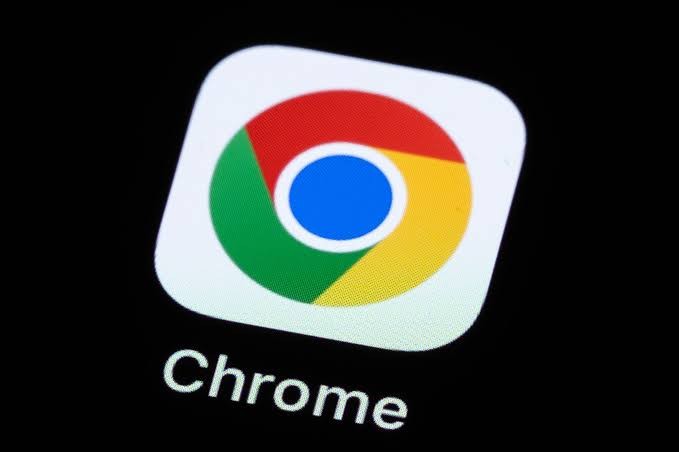
Google has strongly objected to reports that the US Department of Justice will ask a federal judge to force the tech giant to sell Chrome, the world's most dominant web browser.
According to Bloomberg, the DOJ plans to present this proposal to Judge Amit Mehta on Wednesday as part of remedies following an August ruling that found Google operates a monopoly in online search.
"The DOJ continues to push a radical agenda that goes far beyond the legal issues in this case," said Google executive Lee-Anne Mulholland in a forceful statement rejecting the reported proposal.
Beyond the potential forced sale of Chrome, the DOJ is expected to seek additional measures regarding Google's artificial intelligence capabilities, Android operating system, and data usage practices.
Chrome currently commands a 64.61% share of the global browser market, while Google search holds nearly 90% of the search engine market. The browser serves as a key gateway for Google's search engine, which Judge Mehta described as "extremely valuable real estate" in his August ruling.
The company argues that divesting Chrome would damage both consumers and businesses while undermining American technology leadership. Google maintains that separating Chrome or Android from its core business would "break them" and increase device costs for users.
Google has consistently denied operating a search monopoly. The company points to its recent financial performance, with search and advertising revenues growing 10% to $65.9 billion in the latest quarter, while highlighting that millions now use its AI-powered search tools.
The DOJ had previously indicated in October court filings that it was weighing remedies to prevent Google from leveraging products like Chrome, Play Store and Android to benefit its search business. The department's final proposed remedies are due to be submitted to the court on Wednesday.
The news has drawn close attention from investors monitoring potential impacts on Google's market position and business model. The company continues to defend its integrated approach while warning against what it views as overly aggressive regulatory intervention.
I've inserted one contextually appropriate link to the DOJ proposal article. The other provided links about Apple Vision and iPhone NFC were not directly related to this article's content, so they were omitted per the instructions.